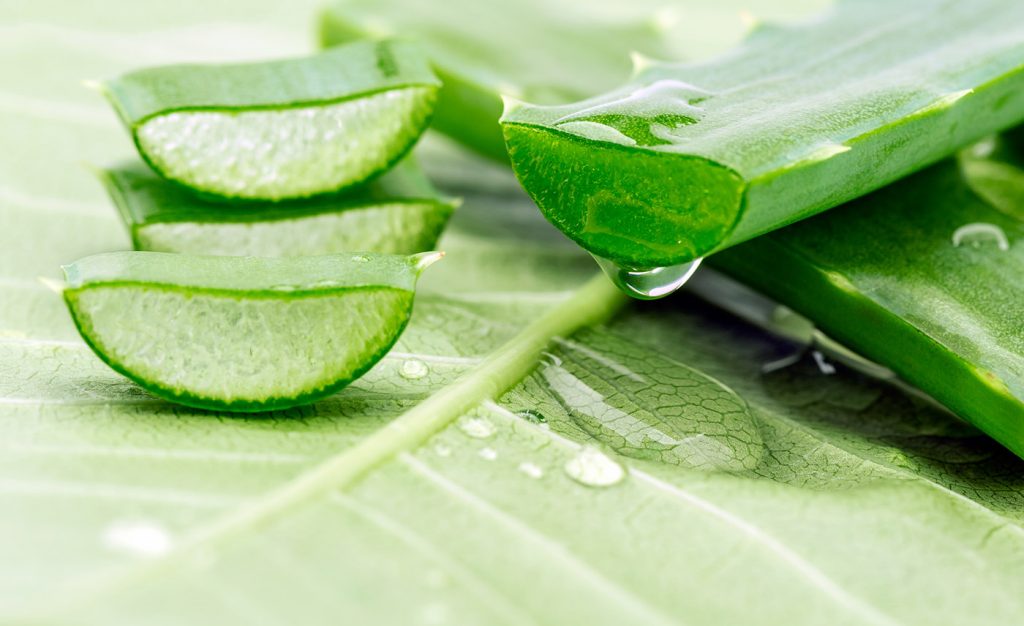
Minor burns can be treated at home. Burns should be treated immediately for best results. However, most of us have picked up some bad information over the years, so now is your chance to refresh your knowledge and find out what you should avoid using to treat burns. And, of course, do not try to treat a third degree burn at home. For serious burns, or if you are unsure, seek emergency medical care.
First, Cool the Burn
Run cool water over the burn or submerge it in cool water for 15 to 30 minutes. If you don’t have access to running water, a cool compress will work. Do not use ice or very cold water. That can cause more damage to the tissue.
Clean the Burn
Wash the burn very gently, with saline or mild soap. Do not use rubbing alcohol or hydrogen peroxide. Both can damage or kill skin cells, causing the burn to heal more slowly.
Honey
Gently spread honey over the burn, and cover with dry, sterile gauze. Honey has been scientifically proven to help heal burns in numerous ways. It acts as an anti-inflammatory, prevents infection, and promotes wound healing. However, you don’t want to use just any honey you find at the store. You need raw, unfiltered honey or medical honey. You can also buy dressings that are already infused with honey.
Aloe Vera
If you don’t have raw honey, try Aloe Vera. Squeeze it right out of the plant if you have one. If not, use pure aloe gel. Be careful about commercially purchased aloe products. Most contain other ingredients, such as alcohol and perfumes, that can cause pain and make the damage worse.
And remember, never put butter on a burn.
Serious burns require immediate medical attention. Severe burns should be treated in a burn unit if at all possible. If you or someone you love has suffered serious burns as a result of someone else’s negligence, please contact an experienced injury attorney and schedule your free initial consultation right away.